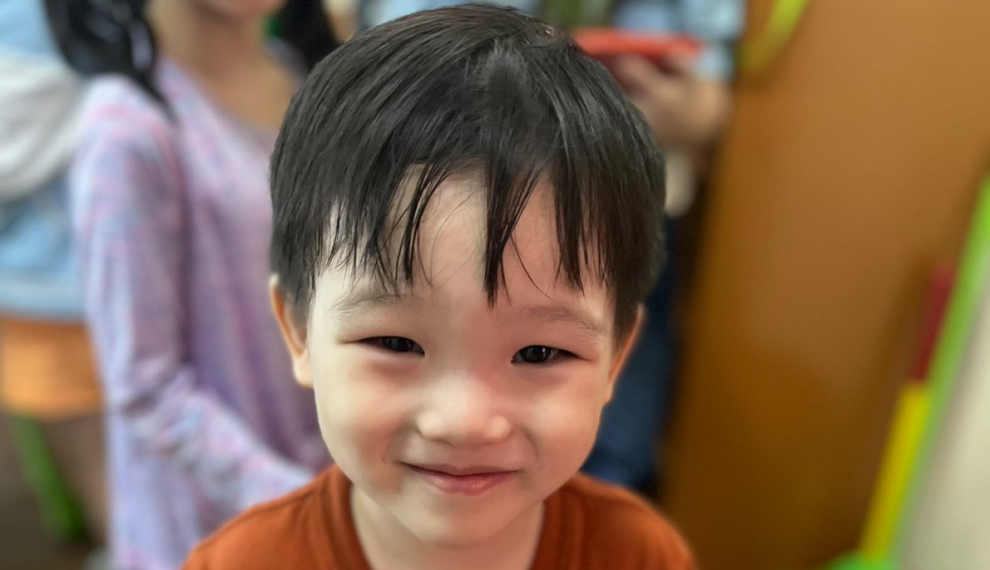At BMS ECE, learning begins with curiosity, creativity, and play. Our classrooms are vibrant spaces where young children feel safe, valued, and inspired to explore the world around them.
We believe that every child learns best through meaningful, hands-on experiences. Our approach supports each child’s social, emotional, physical, language and cognitive development - setting the foundation for a lifelong love of learning.
A Child-Centered, Play-Based Approach
Rooted in global best practices and guided by the Cambridge Early Years Curriculum, our program is carefully designed to nurture:
Every child is seen as capable, competent, and full of potential. We embrace their individuality and encourage them to lead their own learning journey, at their own pace.
Why BMS ECE:



